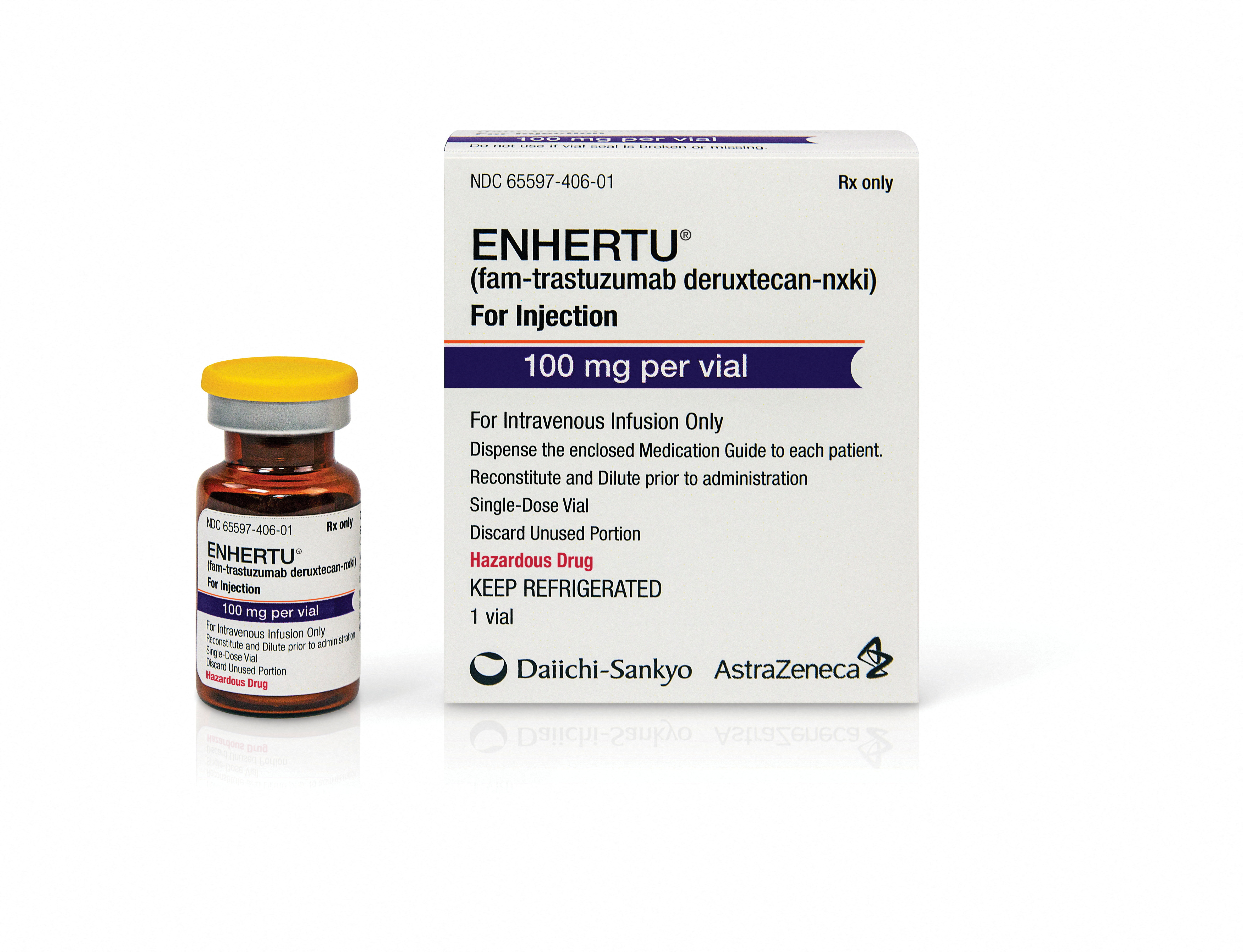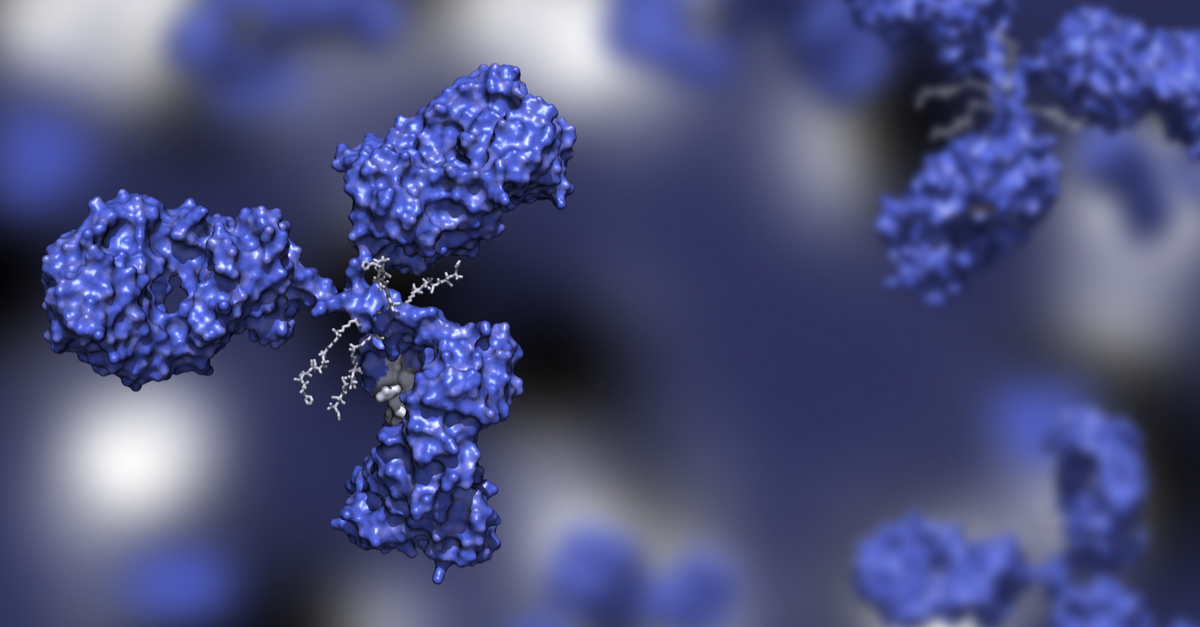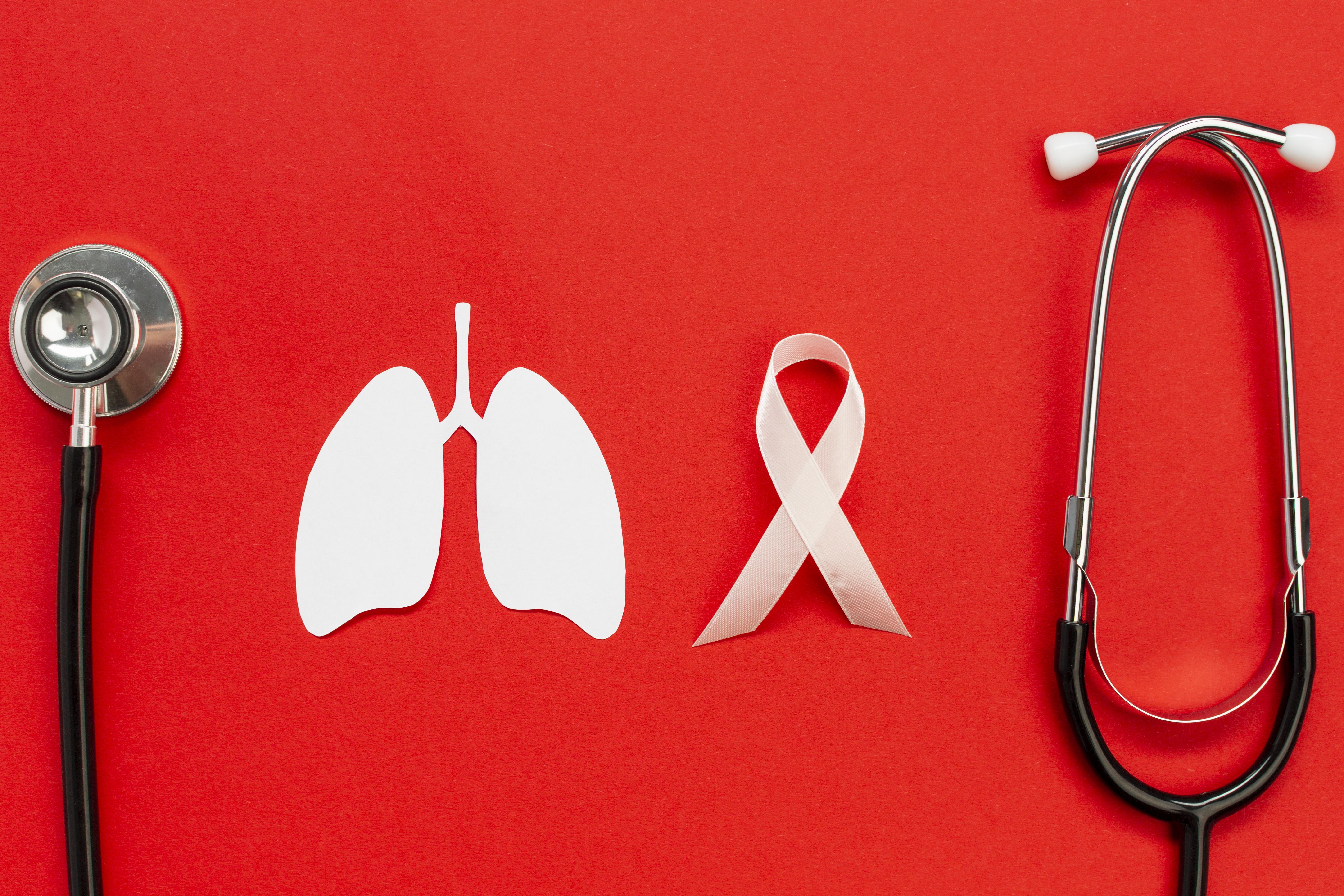Merck & Daiichi Sankyo’s $22 Billion Cancer Drug Deal; A Pioneering Partnership in Oncology
In a bid to uphold its dominance in the field of cancer treatment, Merck has secured the rights to market and develop three experimental cancer drugs from Daiichi Sankyo. This partnership not only bolsters Merck's oncology portfolio but also promises to bring innovative cancer therapies to patients worldwide.

Merck & Co. has entered a substantial $22 billion agreement with Daiichi Sankyo, securing the rights to sell three experimental cancer drugs.
The strategic move is aimed at maintaining Merck’s prominent position in the field of cancer treatment.
Daiichi Sankyo experienced a remarkable 18% surge in its stock on Friday, marking the most significant intraday increase since 2005.
The surge was triggered by Merck’s commitment to an initial payment of $4 billion, with the potential to invest up to $22 billion in the development and marketing of three cancer drug candidates.

A company statement indicates that one of these candidates is expected to seek approval from the US authorities by March 2024; importantly, Daiichi Sankyo will retain the rights for these drugs in the Japanese market.
This collaboration enriches Merck’s oncology portfolio with promising drug candidates, especially in light of the upcoming expiration of the patent for their best-selling cancer therapy, Keytruda, later in this decade.
Keytruda, a treatment that harnesses the patient’s immune system to combat cancer, is projected to enter into price negotiations with the US government in 2028. It is anticipated that by that time, it will achieve global sales of $33 billion, constituting roughly 45% of Merck’s revenue for that year.
Additionally, this agreement solidifies Daiichi Sankyo’s leading role in the development of the latest cancer therapy known as antibody-drug conjugates; these therapies specifically target cancer cells without harming the surrounding healthy ones.
Notably, Daiichi has already joined forces with AstraZeneca to market a similar drug, Enhertu, designed to extend the lives of breast cancer patients.

Likewise, the collaboration between Daiichi and AstraZeneca extends to the joint development of another candidate for the treatment of lung and breast cancer called Enhertu, to extend the lives of breast cancer patients and is on a promising trajectory to generate annual revenues exceeding $10 billion.
Although Daiichi Sankyo has expressed interest in commercializing its own drugs to maximize profits, the partnership with Merck indicates the need for resources and speed in bringing these vital drugs to patients.
Daiichi Sankyo’s global head of business development, Stuart Mackey, stressed the obligation to serve patients who can benefit from these therapies as a driving force behind the partnership.

Growth Factors
The growth of the global cancer drugs market is primarily fueled by the increasing prevalence of various cancer types among the global population.
In 2020, according to the GLOBOCAN report by the International Agency for Research on Cancer, there were approximately 19.3 million new cancer cases and 10 million cancer-related deaths worldwide.
These figures are projected to increase by 47% from 2020 to 2040, resulting in an estimated 28.4 million new cancer cases globally by 2040.
The most prevalent forms of cancer include lung, breast, prostate, and colorectal cancer.
Moreover, the biopharmaceutical market‘s rapid advancements have led to the development of innovative drugs that can efficiently target cancer cells while sparing normal cells.
Increased awareness of advanced cancer therapies among the population is significantly driving the growth of the global cancer drugs market.
The rising investments by pharmaceutical companies in the research and development of new cancer drugs are expected to open new growth opportunities in the near future.

Market dynamics show that the global cancer drugs market is moderately fragmented, with the presence of several local companies; these market players are actively pursuing strategies like investments, partnerships, acquisitions, and mergers to expand their market share.
Additionally, they focus on developing improved products and maintaining competitive pricing.
For instance, in April 2020, F. Hoffmann-La Roche launched Atezolizumab, an immunotherapy medicine for breast cancer treatment in India.
Various strategies, including new product launches, acquisitions, and mergers, foster market growth and present lucrative opportunities for market players.
Key players in the global cancer drugs market include:
- Amgen
- Bayer Healthcare AG
- CELGENE CORPORATION
- GlaxoSmithKline
- ARIAD Pharmaceuticals, Inc.
- Eli Lilly and Company
- Novartis
- Hoffmann-La Roche Ltd.
- AstraZeneca
- Boehringer Ingelheim GmbH
- Pfizer
- Teva Pharmaceuticals Industries
The Last Bit,
The Merck-Daiichi Sankyo partnership is indicative of the unyielding commitment to advance cancer treatment; with promising drug candidates and a mission to serve patients in need, this deal propels the world of oncology into a new era.
As we look to the future, the growing prevalence of cancer and the continuous efforts of pharmaceutical companies to develop innovative therapies accentuate the critical importance of advancements in cancer drug research.
The global cancer drugs market is set to expand, and with strategic alliances like this one, the journey towards better cancer treatment options remains full of promise and hope.




